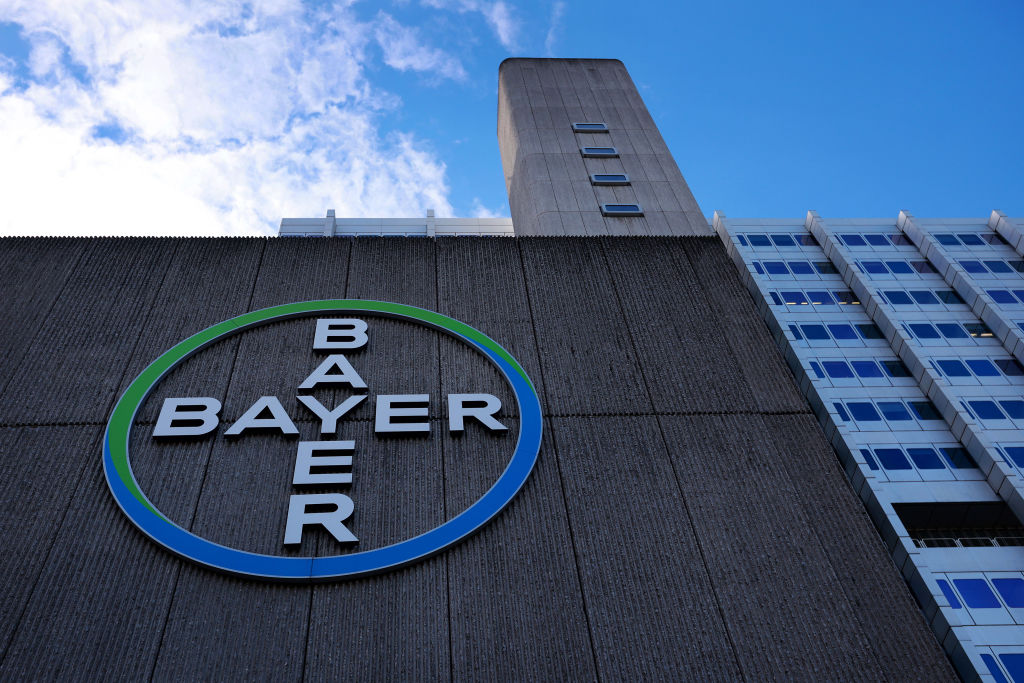
A Bayer drug designed to target tumors driven by a rare genetic mutation now has accelerated FDA approval, providing another treatment option for certain patients with advanced cases of lung cancer.
The Wednesday regulatory decision for the Bayer drug, sevabertinib, covers the treatment of adults whose locally advanced or metastatic non-squamous non-small cell lung cancer (NSCLC) has tumors with HER2 (also called ERBB2) mutations. In addition to carrying this mutation, patients eligible for Bayer’s drug must have cancer that has advanced after at least one prior line of systemic therapy. Alongside the approval of the drug, which will carry the brand name Hyrnuo, the FDA also approved a Life Technologies companion diagnostic to identify patients who may be eligible for treatment with Bayer’s twice-daily pill.
HER2, a cell surface receptor, helps regulate normal cell growth. Mutations to HER2 can drive cancer. These mutations are rare, found in about 2% to 4% of NSCLC cases. Hyrnuo is an oral small molecule inhibitor of mutated HER2.
Bayer evaluated Hyrnuo in a single-arm, open-label Phase 1/2 study of patients who had received prior therapy. In the 70 patients who were naive to a therapy targeting HER2 mutations, results showed a 71% objective response rate. The median duration of response was 9.2 months; of those who responded to treatment, 54% showed a duration of response of six months or longer.
In 52 participants who had received a prior systemic therapy, including an HER2-targeted antibody drug conjugate such as the AstraZeneca and Daiichi Sankyo drug Enhertu, the Bayer drug led to a 38% objective response rate. The median duration of response was 7.0 months; 60% of patients who responded to treatment had a duration of response of six months or longer. Detailed results were published last month in the New England Journal of Medicine.
While patients with advanced cases of NSCLC have had the option of treatment with Enhertu, this drug comes with the risk of interstitial lung disease. Bayer’s drug does not avoid that risk. The FDA notes that interstitial lung disease is among the potential complication risks associated with Hyrnuo. Other side effects reported in the clinical trial include diarrhea, liver toxicity, eye toxicity, and elevated pancreatic enzymes.
The FDA decision for Hyrnuo is an accelerated approval based on the Phase 1/2 data. Bayer may need to provide additional clinical data to confirm the product’s safety and efficacy.
Approval of Hyrnuo follows the August accelerated approval of Boehringer Ingelheim’s zongertinib, brand name Hernexeos, an oral HER2-targeting drug that was also developed for advanced cases of NSCLC. While the two drugs are approved for the same indication, Boehringer’s drug has the advantage of once-daily dosing.
Photo: Krisztian Bocsi/Bloomberg, via Getty Images





